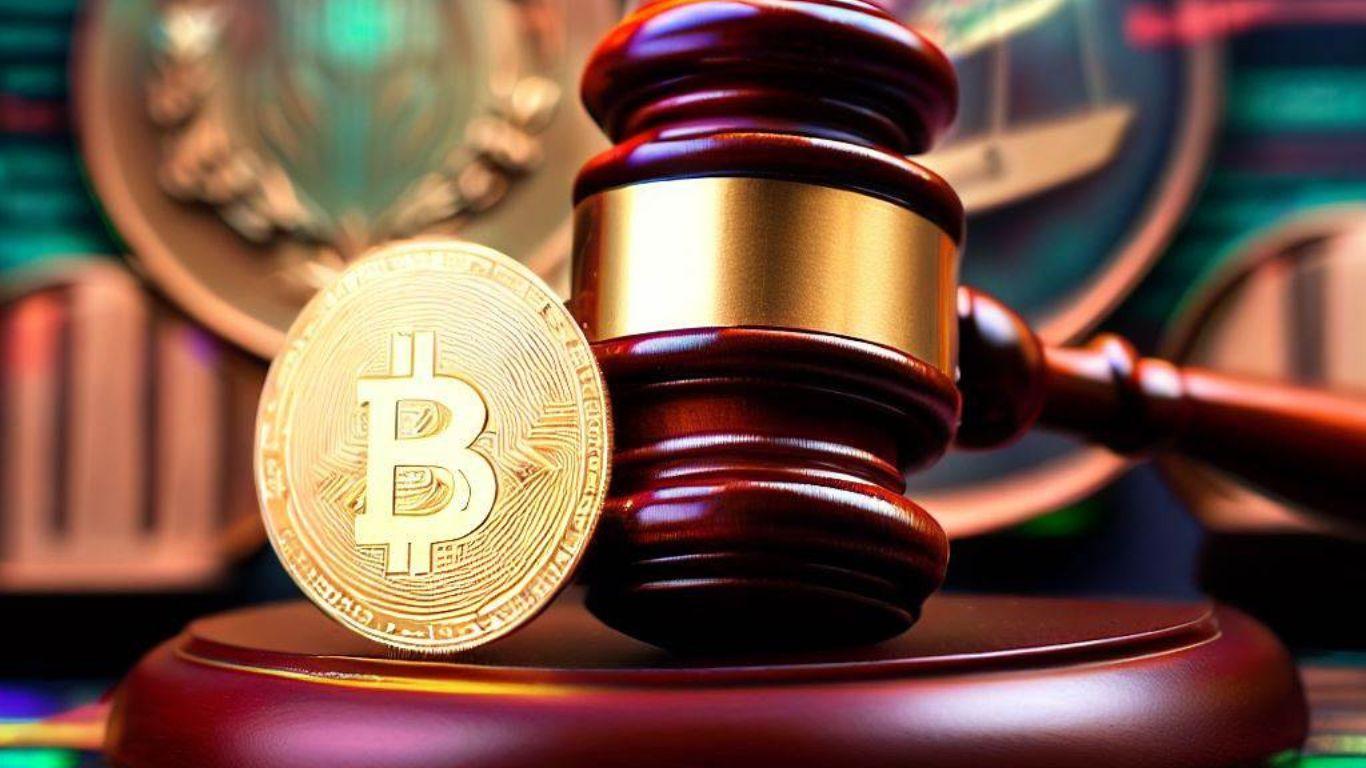
In a significant move aimed at bolstering regulatory oversight of the cryptocurrency sector, the United States has initiated legal action against two prominent cryptocurrency exchanges, Coinbase and Binance. The lawsuits mark a pivotal moment in the ongoing efforts by financial authorities to establish tighter control over the rapidly evolving world of digital currencies.
Coinbase, one of the largest cryptocurrency exchanges in the U.S., is facing allegations of engaging in unlawful trading practices and violating securities laws. The lawsuit filed by the Securities and Exchange Commission (SEC) claims that Coinbase’s lending program, which allows users to earn interest on their cryptocurrency holdings, qualifies as a security and should be subject to regulatory scrutiny. The SEC argues that Coinbase failed to properly register the program, potentially putting investors at risk.
On the other hand, Binance, a leading global cryptocurrency exchange, finds itself under scrutiny by the Commodity Futures Trading Commission (CFTC) for allegedly allowing U.S. residents to trade derivatives without the required registration. The CFTC’s lawsuit asserts that Binance failed to adhere to the necessary regulatory framework, which seeks to protect investors from potential market manipulation and other risks associated with unregulated trading.
These legal actions against Coinbase and Binance exemplify the growing determination of U.S. authorities to establish stricter guidelines and oversight mechanisms for the cryptocurrency industry. The lawsuits not only highlight the need to safeguard investor interests but also underscore the government’s commitment to combat illicit activities, such as money laundering and tax evasion, that may be facilitated through the use of digital currencies.
The implications of these regulatory measures extend far beyond the confines of Coinbase and Binance. The wider audience, including both cryptocurrency enthusiasts and the general public, should pay close attention to the outcomes of these lawsuits. The cases could set important precedents that shape the future of the cryptocurrency landscape, influencing how digital assets are traded, regulated, and perceived.
For cryptocurrency investors, these developments underline the importance of conducting due diligence and ensuring compliance with relevant laws and regulations. The increased regulatory scrutiny may lead to enhanced transparency and accountability within the industry, making it a safer environment for participants. It is crucial for users to familiarize themselves with the legal and regulatory requirements of cryptocurrency platforms to mitigate potential risks and protect their investments.
Furthermore, these lawsuits highlight the necessity for governments to strike a delicate balance between fostering innovation and safeguarding financial stability. While cryptocurrencies offer exciting opportunities, their decentralized nature and rapid growth pose challenges for traditional regulatory frameworks. Authorities around the world are grappling with the task of implementing comprehensive regulations that address the risks associated with this emerging asset class without stifling innovation and technological advancements.
As the legal battles between regulatory bodies and cryptocurrency exchanges unfold, it is important to remember that these developments should not overshadow the underlying potential of blockchain technology. Blockchain, the underlying technology behind cryptocurrencies, has the power to revolutionize industries beyond finance, including supply chain management, healthcare, and governance. Governments and businesses must remain cognizant of these opportunities and work towards fostering an environment that encourages responsible innovation and experimentation while safeguarding public interests.
In conclusion, the U.S. government’s lawsuits against Coinbase and Binance mark a critical milestone in the ongoing efforts to regulate the cryptocurrency industry. The outcomes of these legal proceedings will undoubtedly shape the future trajectory of the crypto landscape, impacting not only the exchanges involved but also the wider audience of investors and enthusiasts. As the world watches closely, it is evident that the establishment of a robust regulatory framework is essential to promote trust, protect investors, and unleash the true potential of cryptocurrencies and blockchain technology.


Get the latest Crypto & Blockchain News in your inbox.